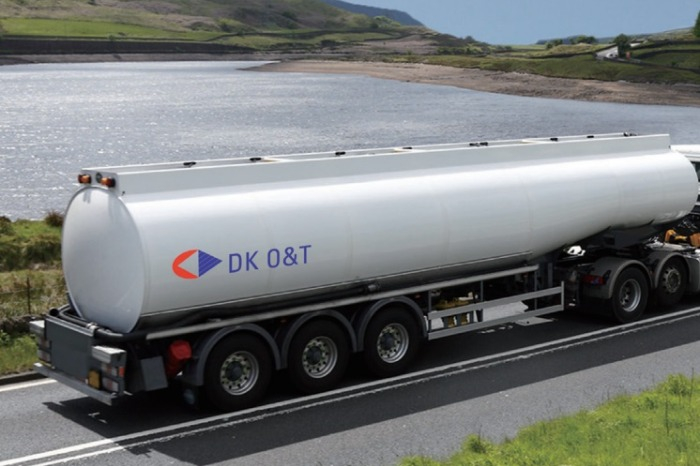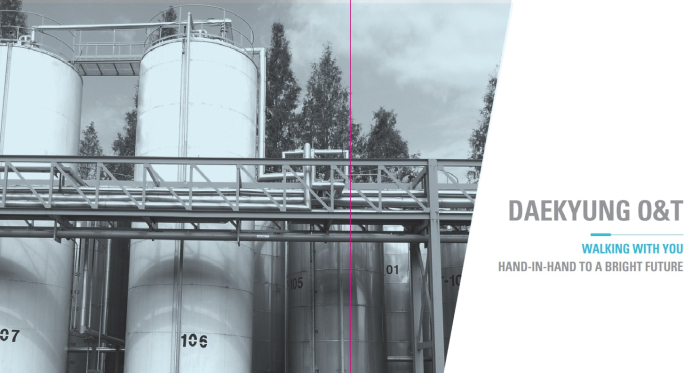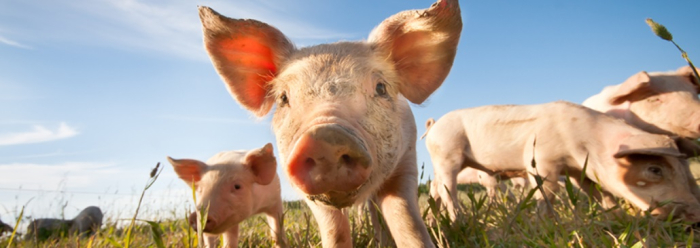
In South Korea, businesses handling livestock by-products had no investor appeal. They were generally mom-and-pop businesses and appeared to be low in value, with limited growth potential.
However, STIC Investments Inc. bet that Daekyung Oil & Transportation Co. (DK O&T), based in Busan, South Korea’s second-largest city, could be reborn as a high-end products and environmentally-friendly company. And its bet proved to be right.
In 2023, the South Korean private equity firm sold the company to a consortium led by SK Trading International Co. at about three times its investment of 94.5 billion won ($65 million). The deal size was estimated at around 400 billion won.
DK O&T, founded in 1995, processes livestock by-products such as bones and hides to extract oil. It commands a 40% market share domestically. Its customers include feed and ink manufacturers, as well as lubricant producers.
Since being acquired by STIC Investments in 2017, DK O&T has ventured into the biofuel market, which fueled its business growth.
Its operating profit soared 13-fold to 81.7 billion won in 2022, with revenue tripling to 632.3 billion won, compared with its results in 2017.
Earnings before interest, tax, depreciation, and amortization (EBITDA) at the company have risen sixfold to 86.4 billion won in 2022 over the same period.
The stellar results demonstrate that DK O&T’s transformation is a success story that has enhanced both its environmental, social and governance (ESG) and financial performances.

DK O&T was initially not up for grabs by STIC. Its founder and then CEO Kim Chang-yoon had strongly rejected STIC’s buyout offer.
It took about one and a half years for Kim to finally agree to sell a 70% stake in DK O&T to STIC in 2017. The founder retained the remaining 30% after the deal.
EXPORTS TO EUROPE
DK O&T produces refined oil from animal fat and used cooking oil. These oils are used for biodiesel and hydrotreated vegetable oil (HVO), as well as aviation and vehicle fuels. Low-emission fuels now make up 30% of DK O&T’s sales.
“We anticipated the biofuel market would materialize soon,” said Kang Ilsung, managing director of STIC Investments’ special situations division.
“(DK O&T) boosted sales by expanding the biofuel business, while securing steady revenue from feedstock and chemical raw materials,” he added.
The European Union’s Renewable Transport Fuel Obligation, aimed at reducing carbon emissions, boded well for DK O&T. It ships biofuels to European customers, including the Finnish biodiesel company Neste.
Backed by STIC’s financial support, DK O&T received the Renewable Transport Fuel certificate required for biofuel exporters to Europe. STIC also leveraged its bargaining capabilities to explore new European customers for DK O&T.
The company’s exports ballooned almost 30-fold to 58.7 billion won in 2022, compared with 2.5 billion won in 2019.
ECONOMIES OF SCALE
DK O&T has also achieved economies of scale following STIC’s purchases of six small domestic peers, including the waste cooking oil processing leader Mirae Oil.
In 2021, the investment firm also bought a stake in a Philippine company to diversify DK O&T’s raw material providers.

Since its acquisition, STIC has standardized DK O&T’s management systems, cost management and accounting procedures across its facilities. In 2020, DK O&T built South Korea’s largest rendering facility in North Chungcheong Province.
Rendering refers to the process where low heat is applied to slaughtered livestock fat to let oil drop out. DK O&T operates six rendering facilities across the country, in addition to used cooking oil processing factories.
After its successful transformation, DK O&T caught the attention of other investment firms.
Goldman Sachs PIA, IMM Investment, Eugene Private Equity, and Mirae Asset Venture were among the shortlisted candidates when it was put on the market in 2023.
SK Trading International (SKTI), a unit of SK Innovation Co., formed a consortium with Korea Development Bank and Eugene Private Equity to buy a 100% stake in DK O&T in December 2023.
SKTI holds a 40% stake in the biofuel maker, with the two financial investors controlling the remaining 60%.
From the divestment, STIC notched up a multiple of 3.31 on invested capital. The fund that invested in DK O&T achieved an internal rate of return of 22.1%.
By Ji-Eun Ha
hazzys@hankyung.com
Yeonhee Kim edited this article.















